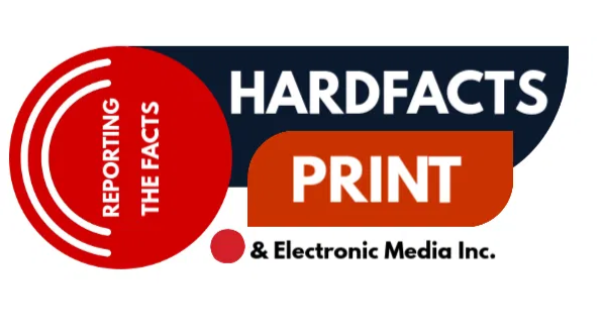Editorial: A Crucial Step Toward Price Stabilization in Liberia

In recent months, Liberians have faced an alarming surge in the prices of essential commodities—an economic strain that threatens not only household stability but also national cohesion. From rice and sugar to flour, petroleum products, and building materials, the cost of living has become increasingly unbearable for ordinary citizens. This inflationary pressure has deepened socioeconomic divides, strained public confidence, and placed the government under intense scrutiny. Against this backdrop, the establishment of the High-level Presidential Committee on Price Stabilization by President Joseph Nyuma Boakai, Sr., marks a decisive and commendable intervention. Chaired by Vice President Jeremiah Kpan Koung, the Committee has been tasked with investigating the root causes of price disparities and recommending actionable solutions within a 45-day timeframe. The urgency of this mandate reflects the administration’s recognition that economic progress must be felt not just in boardrooms or budget reports—but in the daily lives of Liberians. The Committee’s swift engagement with key players in the business community signals a proactive and inclusive approach. Vice President Koung has confirmed meetings with major importers of rice, sugar, flour, and other basic goods—dialogues aimed at understanding and curbing unjustified price hikes. These interactions are not mere formalities; they represent a strategic effort to bring transparency and accountability to the supply chain. Equally important was the Committee’s meeting with Liberia Petroleum Refining Company (LPRC) Managing Director Amos Tweh and leading petroleum dealers. The discussions focused on price disparities in the petroleum sector—a critical issue given its ripple effect on transport costs and, by extension, the pricing of goods across the economy. MD Tweh’s call for inter-agency collaboration and his pledge of LPRC’s full support underscore the need for institutional synergy. Without coordinated action across government entities, any attempt at price stabilization risks falling short. The stakes could not be higher. If left unaddressed, price instability will continue to widen the gap between the privileged few and the struggling majority. It will erode public trust in government institutions and undermine the credibility of national leadership. President Boakai’s own remarks to Vice President Koung capture the gravity of the situation: “While our country and economy are making steady progress, our domestic revenue remains limited and families continue to feel the weight of high prices. Transport costs are too high, and prices of flour, sugar, and other commodities remain a burden. Building materials are still expensive, making it hard for ordinary Liberians to construct houses and businesses.” This statement is more than a policy observation—it is a moral imperative. Economic development must be measured not only by GDP growth or international endorsements but by the lived realities of citizens. If mothers in Red Light Market cannot afford a bag of rice, if taxi drivers are crippled by fuel costs, and if young families cannot afford cement to build a home, then Liberia’s development remains incomplete. The Committee’s work must transcend bureaucratic formalities. Its final report should offer bold, actionable recommendations that balance commercial interests with the needs of vulnerable households. Price stabilization does not imply heavy-handed government control over trade, but it does require robust monitoring, transparent pricing mechanisms, and accountability in how goods are imported, distributed, and sold. Potential solutions may include:
- Regulatory reforms to curb monopolistic practices and ensure fair competition.
- Targeted subsidies for essential goods to cushion the most vulnerable.
- Incentives for local production to reduce dependency on imports.
- Improved logistics and port efficiency to lower importation costs.
- Digital price tracking systems to enhance market transparency.
As the 45-day timeline progresses, the Liberian public will be watching closely. The expectation is not just diagnosis but delivery—recommendations that are implementable, equitable, and sustainable. The success of this initiative could restore public confidence in the government’s ability to shield citizens from economic shocks. Failure, however, could deepen frustration and widen the trust deficit. Liberia stands at a crossroads. The Committee’s work represents a rare opportunity to recalibrate the market in favor of fairness and resilience. For the sake of ordinary Liberians—for the mothers, drivers, builders, and entrepreneurs—this Committee must succeed.


